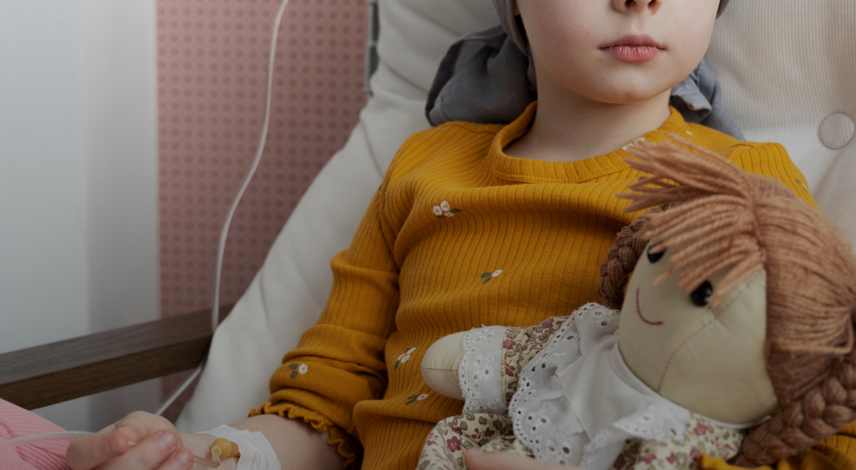
Finding Light in the Dark: How Emotional Support Transforms End-of-Life Care
0 commentsFacing the end of life—whether your own or a loved one’s—is one of the most emotionally challenging experiences anyone can go through. Amid the fear, pain, and uncertainty, emotional support becomes a powerful source of light in an otherwise dark time. More than just comfort, it can be transformative—shaping how people experience death, how families grieve, and how healthcare professionals deliver care.
The Human Side of Care
While medical treatments are critical for managing pain and physical symptoms, they are only part of the picture. Emotional support—through listening, presence, empathy, and compassion—acknowledges the person behind the patient. It helps individuals feel seen, heard, and valued, even as life draws to a close.
Building Connections and Trust
In end-of-life care, trust is essential. Patients may be afraid of what’s ahead, families may feel overwhelmed, and caregivers often bear emotional burdens of their own. Emotional support bridges these gaps. Conversations about fears, legacy, forgiveness, and peace create moments of deep connection. These conversations don’t cure illness—but they do heal hearts.
The Role of Family and Friends
Loved ones often struggle with what to say or how to act around someone who is dying. But often, the greatest gift is simply being there. Holding a hand, listening without judgment, sharing memories—these small acts of love provide immeasurable comfort. They help ensure that the person does not feel alone.
Emotional Support in Hospice and Palliative Care
Hospice and palliative care teams understand the importance of emotional well-being. Trained counselors, chaplains, and social workers provide space for patients and families to talk, cry, process, and reflect. Their role isn’t just clinical—it’s human. They help people find meaning in their journey and dignity in their final moments.
Supporting the Supporters
Caregivers—whether professionals or family members—also need emotional support. Watching someone you care for decline can be heartbreaking. Without support, burnout and grief can set in quickly. Counseling, peer support groups, and respite care are vital tools that help caregivers stay emotionally balanced.
Moments of Light
Even in the darkest moments, there can be beauty. A reconciled relationship. A final laugh. A peaceful goodbye. These moments are the light that emotional support helps reveal. They don’t erase the pain of loss—but they bring depth, meaning, and peace to the process of saying goodbye.
Conclusion
End-of-life care is not just about prolonging life—it’s about enhancing its final chapter. Emotional support transforms this experience from one of isolation and fear to one of connection, comfort, and even hope. In the midst of darkness, it is emotional presence and compassion that help us find the light.



